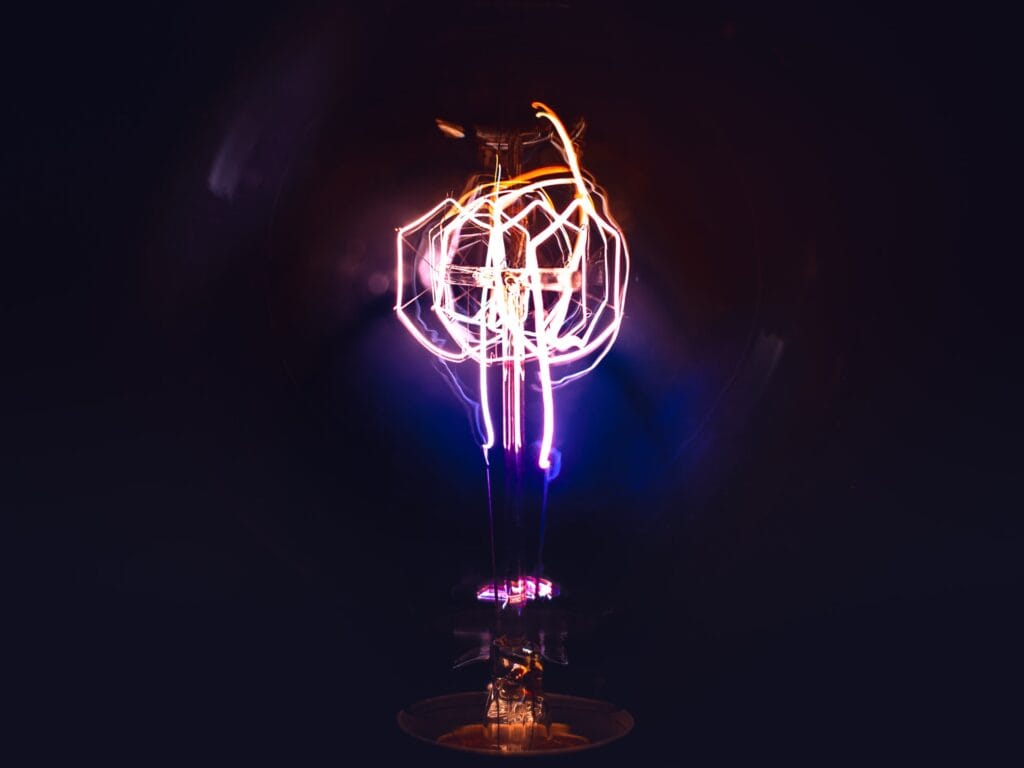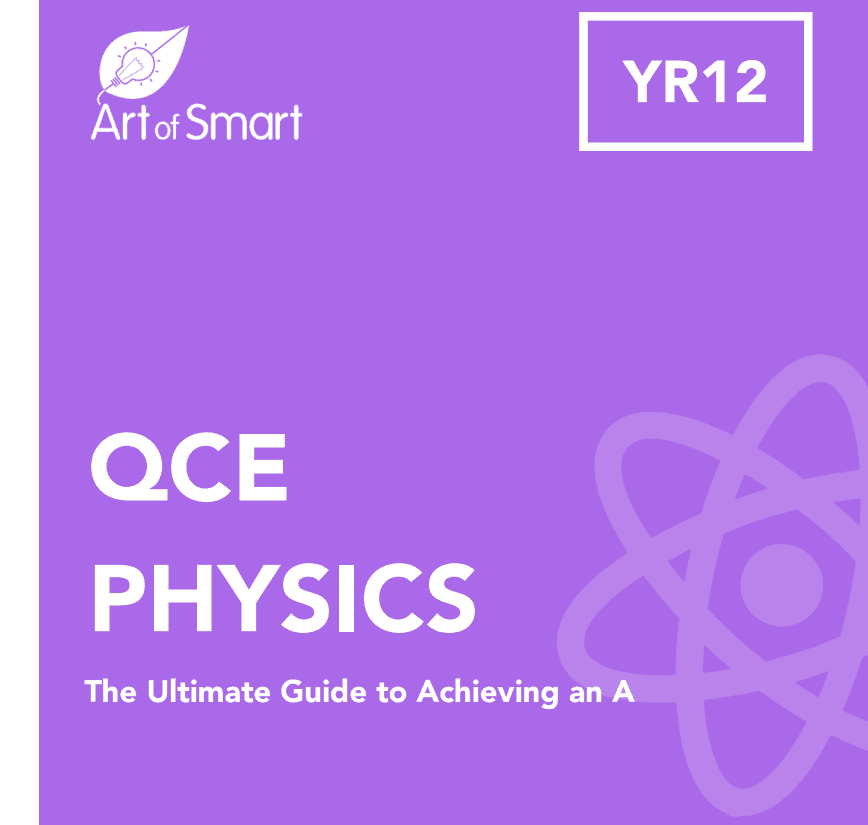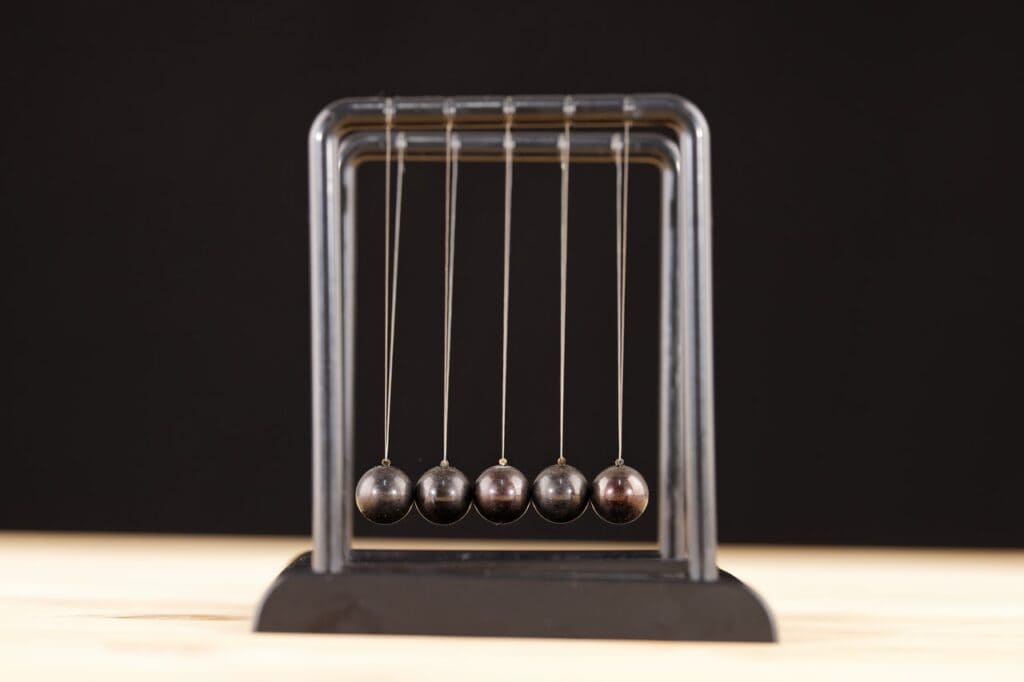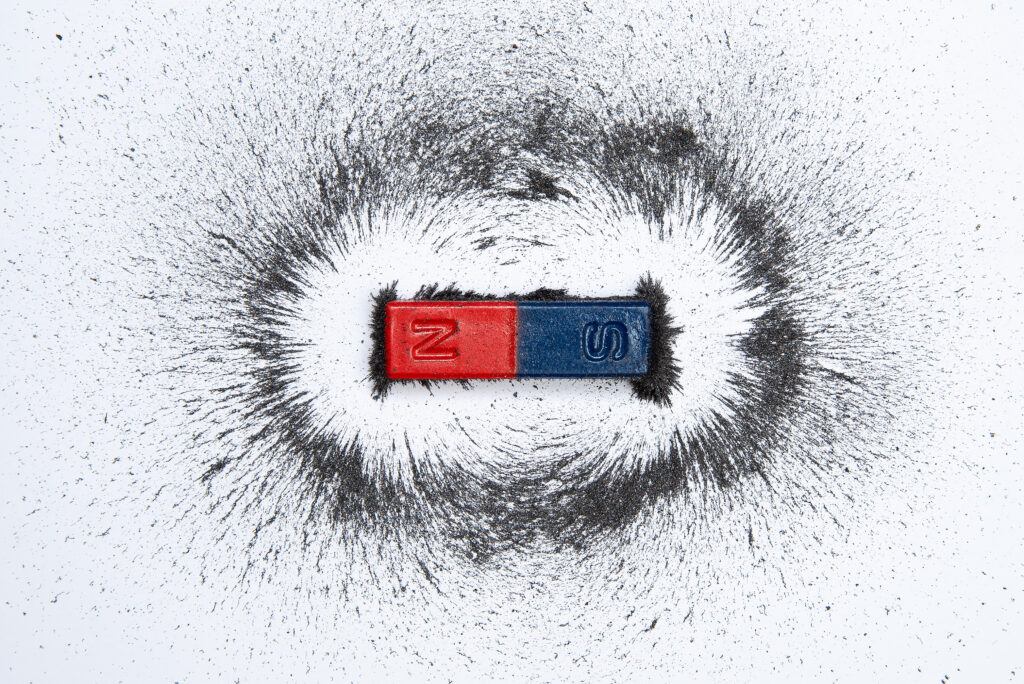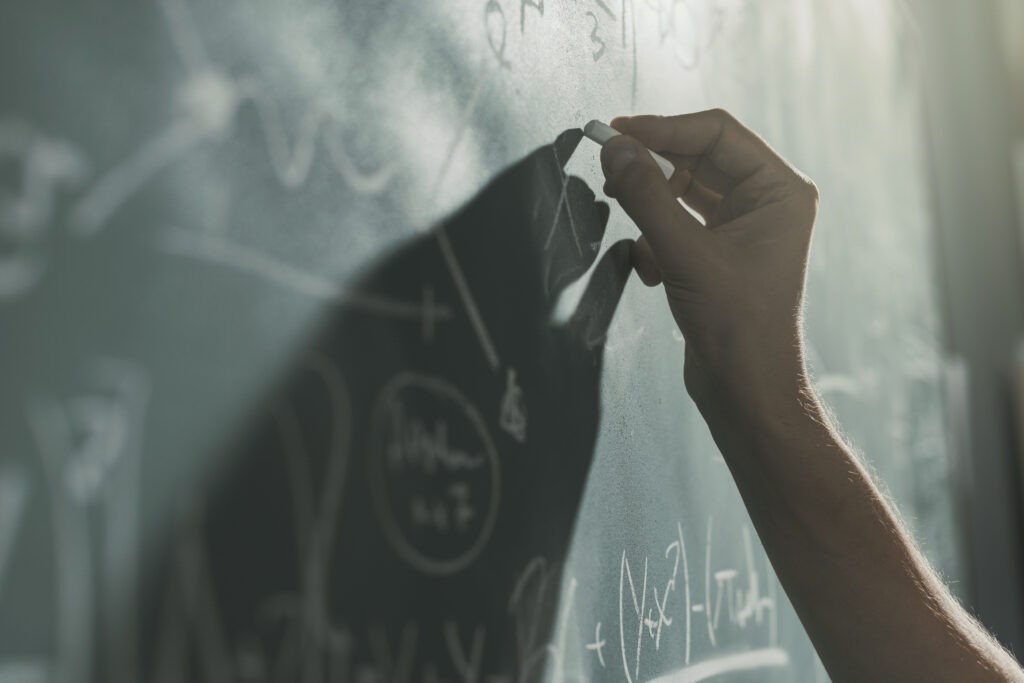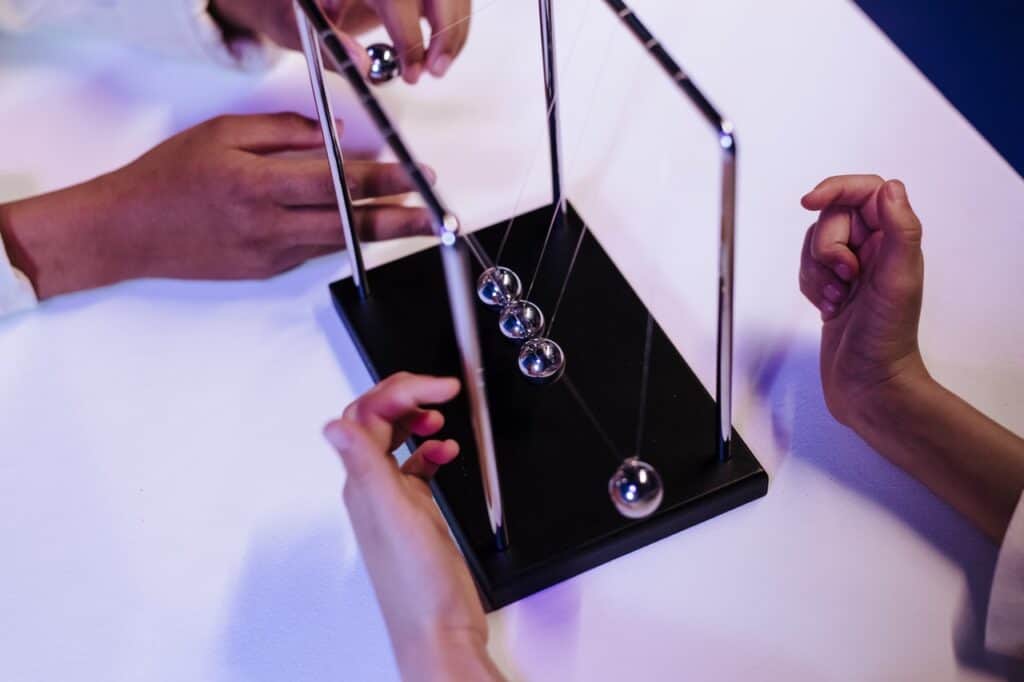You’ve probably heard from your teachers or from friends about QCAA Physics being a very difficult subject. While this isn’t false, it certainly isn’t an easy subject!
That being said, achieving an A in Physics is absolutely within the grasp of any student if they are willing to put in time and effort into the subject.
We’ve got heaps of tips to help you ace your assessments in QCAA Physics! So what are you waiting for? Let’s get started.
How can you achieve an A in QCAA Physics?
IA1: The Data Test
IA2: The Student Experiment
IA3: The Research Investigation
EA: The QCAA Physics External Exam
How can you achieve an A in QCAA Physics?
If you’re aspiring to achieve an A in QCAA Physics, that’s great! Achieving an A in any subject requires hard work, dedication and determination.
It’s a good idea to start the year off strong and maintain that momentum throughout the year. Keep in mind that it’s not going to be easy, but with consistency and perseverance, you’ll be on the right track to reach your goal.
Remember that QCAA Physics can be challenging, however, if you stay committed and put in the effort, you will be able to achieve an A.
You can download our guide below to help you work towards this goal!
IA1: The QCAA Physics Data Test
The data test is your first internal assessment for the year and is worth 10% of your overall grade. While this doesn’t sound like much it’s important to bank as much of this 10% as possible during the start of the year.
Find out what IA1 mark you need on the Physics Data Test to be on track for an ATAR over 90!
The data test is designed as an exam that focusses on approximately 2-3 data sets with questions for each set. These questions won’t just be testing your knowledge of the content but more importantly will be testing your knowledge of how to analyse and explain trends in data.
With that in mind it is not advised to try and memorise any Physics content for this — all of the formulas that you will need are located on your formula sheet which you will have with you during the exam. You will however need to memorise analytical techniques such as finding the mean, uncertainty, percentage error and be able to identify trends/relationships to do well on the test.
The biggest piece of advice that I could give for this exam is to practise as much as you can with example data sets. Hopefully your teachers provide you with some of these but if not, you can find some practice exams and questions below:
IA2: The QCAA Physics Student Experiment
For your second internal assessment, you will be conducting an experiment based on the content that you have learnt in Unit 3 and then writing up a report on what you have found. For your experiment, you must modify one of your in-class practicals that you should have conducted earlier in the year.
You can design and conduct your experiment in small groups and help each other during the data processing however you cannot help each other when it comes to the report writing, this must be kept individual.
Check out our research into why Term 2 is the most important term for Year 12 students to clutch up!
Tips for Completing Your Student Experiment
#1: Choosing your experiment
This leads us into the first and probably most important step to doing well in this assessment — choosing your experiment! Make sure to pick something that is a clear deviation from the original practical while at the same time not being something completely different (note that you can choose to change the variable that you are investigating as this falls under QCAA’s definition of the verb modify).
Most importantly though, pick an experiment that you understand. You should be able to predict what your data will look like before you have even started conducting your experiment.
Remember to relate it back to what you’ve been learning in Unit 3: Gravity and Electromagnetism
#2: Your data doesn’t need to match what you’ve predicted
If you find that your data does not match what you predicted at all, thats completely fine! It might actually be to your advantage — having mismatched data gives you a lot more to talk about in the evaluation section of your writeup and lets you show a greater depth of understanding of the content.
When it comes down to it, you are being graded on your report, not on how well the experiment went.
#3: Evaluate what you’ve done with the ISMG
The biggest piece of advice i have for this section is to cross reference all of your work with the ISMG (you should be given this in class). This will show how each of the different sections of your report will be marked.
You can also consult your teachers if you are confused about a specific section or piece of content — they cannot help you with the report writing however.
If you need any more help with this, feel free to check out our guide on writing a student experiment here!
IA3: The QCAA Physics Research Investigation
The third and final of your internal assessments is a research investigation. During this assessment you will be given an ISMG which will outline 3-4 research claims.
These claims are left intentionally very open ended and vague. From these claims, you are asked to pick one and narrow it down into your own unique research question.
Then, you are asked to find scientific papers and research into your research question to try and come up with an answer to it.
This is probably the most content heavy of the assessments as the claims are usually based in a theoretical field of Physics. Luckily seeing as this is an assignment you won’t have to have anything memorised per se, however you will need a strong understanding of the Unit 4 content.
Tips for Completing Your Research Investigation
#1: Develop a solid research question
By far the most important part of the research investigation is the development of your research question. A bad research question can make this assignment much much harder than it needs to be.
If you want some more information on how to form a great research question, check out our article here!
#2: Start early
The most important piece of advice I can give apart from forming a good research question is to start this assignment as early as you can. If you leave this to the last minute you will end up stressing and finding worse quality research which will overall lead to a lower grade.
You want to give yourself as much time to really analyse the research findings thoroughly. Make sure to use databases like Google Scholar or JSTOR to find high quality papers on the subject of interest.
EA: The External Exam
The external exam is by far the most daunting of the assessments that you will come across in QCAA Physics. That being said, if you manage your time well and study efficiently you can easily ace it.
The exam itself makes up 50% of your overall grade for the year and is split into 2 papers — each 2 hours long. The first paper is a mixture of multiple choice and short response questions and the second is only short response.
Your marks are only as good as your notes are! Read up on how to write notes for science subjects, to avoid screwing yourself over later!
Tips for Completing Your QCAA Physics External Assessment
#1: Figure out what you already know
Despite what your teachers may tell you, I would absolutely advise against trying to memorise all of the content for the exam. Instead you should cross check the course content that you have learnt against the formula sheet to figure what you do and don’t need to know off by heart.
For example, all of the equations that you will need for special relativity are already on the formula sheet; however the equations don’t come with any context.
As long as you understand the underlying principles behind the content off by heart then you will be giving the formulas context and not have to memorise them.
#2: Work on your exam technique
Chances are, you will have 1 or 2 mock exams before the real deal — use these to your advantage to learn where your strengths and weaknesses lie in exam technique.
For example, do you work better leaving multiple choice questions until the end or do you do them first? Little things like that can really help to optimise your time management during exams.
#3: Form a study group
Something that I personally found helps a ton while revising is to find a study group. Even though you shouldn’t be working through whole exams together as a group sometimes hearing something explained by a friend helps you to understand much better than from a teacher.
On that same note, being able to explain concepts to your friends really reinforces your own knowledge and confidence.
If you want some more specific exam technique tips, check out our article here!
#4: Practise consistently
Overall the only real thing you can do to revise for the external is consistent practice. If you need any practice questions you can find them below:
On the hunt for other QCAA resources?
See our QCE Cohort Comparison Tool to get a head start with QCAA Physics by knowing the bell curve!
Check out some of our other articles and guides below:
- How to Write Notes Using the QCAA Syllabus for Science Subjects
- Everything You Need to Know About the QCE and ATAR
- QCAA Internal Assessments: Here’s What to Expect for IA1
- Is Year 11 Different to Year 12 for the QCE?
Are you looking for some extra help with revising for QCAA Physics?
We have an incredible team of QCE Physics tutors and mentors!
We can help you master the QCE Physics syllabus and ace your upcoming Physics assessments with personalised lessons conducted one-on-one in your home or online!
We’ve supported over 8,000 students over the last 11 years, and on average our students score mark improvements of over 20%!
To find out more and get started with an inspirational QCE tutor and mentor, get in touch today or give us a ring on 1300 267 888!
William Bye is a Content Writer at Art of Smart and is currently studying a Bachelor of Advanced Science with Honours (majoring in Physics) at the University of Queensland. He was part of the very first cohort in Queensland to go through the ATAR system and wishes to help other students to make this journey as easy as possible. Will enjoys his time playing guitar in a band with his friends and hopes to continue balancing his science and music for many years to come.

